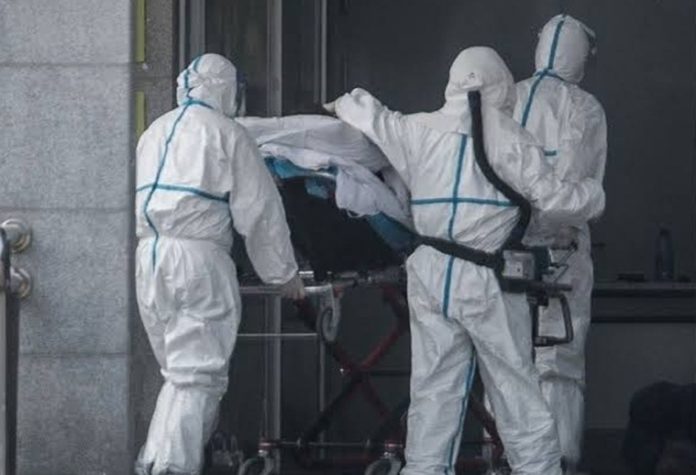New Delhi (NVI): The International Committee of the Red Cross today warned that the number of deaths caused by COVID-19 could overwhelm local capacity to handle dead bodies properly while recommending that this risk can be overcome through proper planning and preparation.
The ICRC has advised authorities engaged in the handling of the dead to follow a proper plan and procedure so that the dignity of the deceased and surviving family is respected.
The failure to plan and prepare for mass casualties risks people being buried in mass graves, with few records and little understanding of who died and where the body was taken, the ICRC said in a statement. The suffering of people not knowing where their loved ones are buried could be devastating, it stated.
“Mass fatality planning doesn’t mean there will be mass fatalities. But it’s imperative that plans are made and, if needed, carried out to help lower the pain that families and broader society feel in the face of a high death toll,” said Oran Finnegan, the head of the forensics unit at the Committee. “Undignified management of the dead is avoidable,” he added.
Even in countries not affected by conflict, funeral homes and morgues have been quickly overwhelmed by COVID-19 deaths, ICRC said.
“In conflict zones, the situation could be even more dire due to limited capacity to properly handle high numbers of deaths,” it said.
Emergency response plans should be established or activated now, before any crisis overwhelms responders and resources, to ensure the reliable identification and documentation of the dead. The process for obtaining death certificates, death registration and burial permits should be facilitated, the International Committee recommended in its report.
“People often don’t see the importance of forensics until it’s your loved one—your mother, brother, or child. Then, you care deeply about how a body is handled. If countries plan now, body management can still be dignified. If not, we could see mass graves and little understanding of who died and where their body is,” said Stephen Fonseca, ICRC’s head of forensics in Africa.
Changes or restrictions to funerals and burial practices can be hugely distressing for families, exacerbating their grief, ICRC said. It’s critical that families and communities have clear information about any necessary measures put in place to deal with high numbers of deaths. This helps to reduce the psychological impact on families and improve adherence to the measures, the Committee said.
The ICRC advises the relevant authorities to keep a few things in mind when it comes to the handling of the dead:
- The safety and wellbeing of staff managing COVID-19 deaths hold the utmost priority; health care workers and staff handling the dead must use appropriate personal protective gear.
- Respect for deceased individuals and their families is ensured through proper burials or cremations with identification and documentation.
- Authorities should ensure they have the physical structures needed for storage of bodies, enough burial space and perform burials or cremations according to cultural and religious needs.
- Preventive measures should be specially adopted in detention facilities, refugee camps, and large city slums, including dispelling myths and ensuring preparedness to deal with a higher than normal number of deaths than current capacity can handle.








